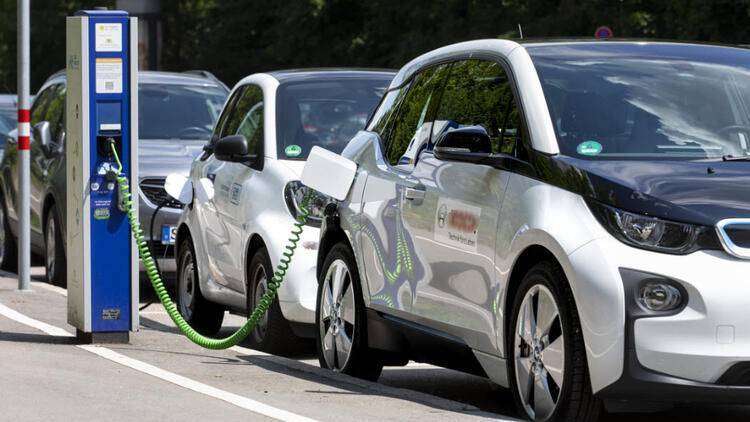
Electric vehicle (EV) sales in Europe surged more than 50% in July from a year earlier, driven by rising demand, greater availability of parts, and easing supply chain constraints.
KEY TAKEAWAYS
· Battery electric vehicle (BEV) sales in Europe surged 54.7% from a year ago in July, with registrations up 60.6%.
· Some of the EU's biggest markets, including Germany, France, Italy, and Spain, recorded double-digit growth in registrations and sales.
· Hybrid electric vehicles, including plug-in models, accounted for just over a third of all EU car sales in July.
· Among brands, Tesla's Model Y was Europe's best-selling BEV in the first half of 2023, with sales volumes surging 95% and far outpacing those of mainstream European brands.
Sales of battery-electric vehicles (BEVs) in the European Union (EU) rose 54.7% from a year ago in July, with cumulative year-to-date sales approaching 820,000, data from the European Automobile Manufacturers' Association showed. By country, the highest sales growth was in Belgium, where purchases skyrocketed more than 200%.
Meanwhile, new registrations totaled 116,000, a surge of 60.6% from a year ago. Some of the biggest increases were recorded in Germany and France—the EU's two largest markets—where registrations surged 68.9% and 32.4%, respectively.
A majority of electric vehicles sold were hybrids. Hybrid electric vehicles (HEVs), including plug-in models, accounted for just over a third of all EU car sales in July, with sales rising 31.6% across the bloc. They were up by double-digit percentages in some of the biggest markets including Germany, France, Italy, and Spain.
By comparison, sales of fully electric cars accounted for just 13.6% of the total, which was up from under 10% last summer. A slight plurality of sales, or 35.8%, were those of standard gasoline-powered cars, while diesel-powered cars made up the remaining 14%.
Total new car registrations, combining electric, hybrid, gas, or diesel-powered models, were up 15.2% from a year ago in July, or 16.7% on a year-to-date basis. It was the 12th straight month of annual gains.
Growth was fueled by rising demand for EVs, easing supply chain constraints, and a slowdown in the rate of inflation in Europe. Shortages of semiconductors and other critical components, which hobbled the global car industry in the early years of the pandemic, have begun to ease, allowing more cars to roll off the production line. The rate of inflation in the EU has slowed by almost half after peaking at 11.5% last fall, easing some pressure on households' finances.
By MACK WILOWSKI
SOURCE: Investopedia
